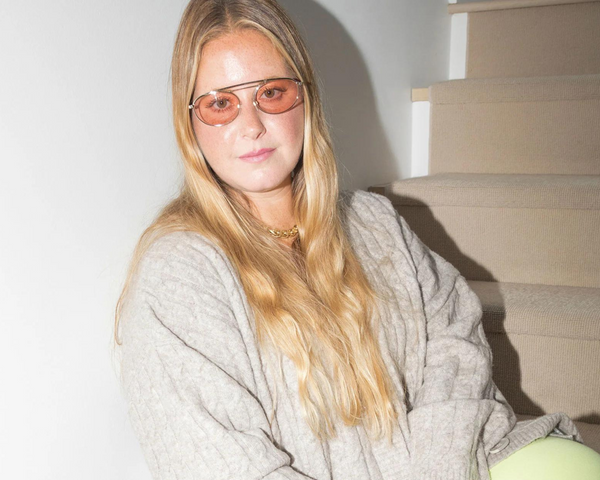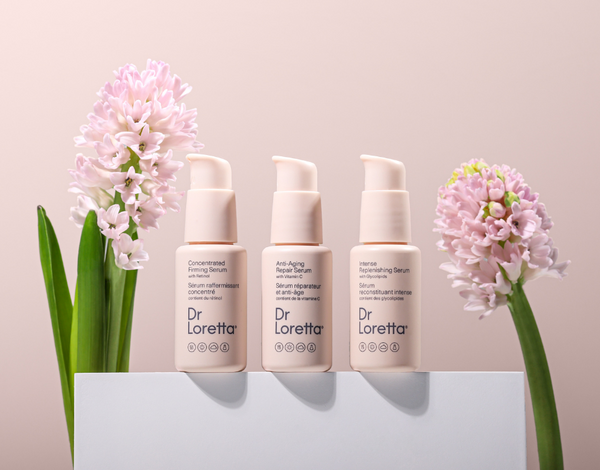We know it’s tempting to skip your sunscreen in the winter with less sun-lit hours in the day. Our founder and board-certified dermatologist of 40+ years, Dr. Loretta Ciraldo, breaks down why your sunscreen belongs in your regular skincare routine well beyond the summer months.
Why is it important to wear sunscreen in the winter months?
Even though UVB, the burning rays, lessen in the fall and winter, UVA which penetrates much deeper into skin making it the main cause of aging and more aggressive skin cancers, does not vary with the seasons. So we believe it's crucial to continue to wear sunscreen through all 12 months of the year.
How does sun exposure damage our skin and how can we prevent it?
We’ve found that UVB rays give us sunburn within hours of exposure. But UVA damage doesn’t always show up immediately. Redness, loss of elasticity and hyperpigmentation caused by UVA shows up within days to weeks. But the damage the sun does to our collagen elastic fibers, resulting in wrinkling and sagging, shows up much later than the initial exposure.
That’s why it’s important to apply at least SPF 30 every day. Our founder and board-certified dermatologist, Dr. Loretta Ciraldo, recommends choosing a sunscreen that also blocks out HEV blue light that dermatologists now recognize to be a damaging spectrum of light that is emitted both by the sun and by our digital screens. On a molecular level, studies show that HEV blue light can damage our collagen. For example in clinical testing we see that blue light can actually cause more redness, puffiness and hyperpigmentation in people who are susceptible to hyperpigmentation.* Our two sunscreens, Urban Antioxidant Sunscreen SPF 40 and Universal Glow Daily Defense Mineral Sunscreen Fluid SPF 40, protect from UVA,UVB and HEV blue light, making either a great year round choice.
Not sure which sunscreen to choose? Learn more about their differences below.
Urban Antioxidant Sunscreen SPF 40
This chemical-mineral hybrid sunscreen meets lightweight tinted moisturizer is great for oily, normal or combination skin and leaves a natural, glowing matte finish.
Universal Glow Daily Defense Mineral Sunscreen Fluid SPF 40
This lightweight moisturizer meets universally blendable mineral sunscreen fluid is great for sensitive, acne-prone or dehydrated skin and leaves a natural, dewy glow.
*Coats JG, Maktabi B, Abou-Dahech MS, Baki G. Blue Light Protection, Part I—Effects of blue light on the skin. J Cosmet Dermatol. 2021;20:714–717. https://doi. org/10.1111/jocd.13837


